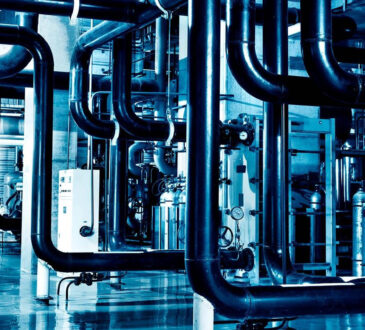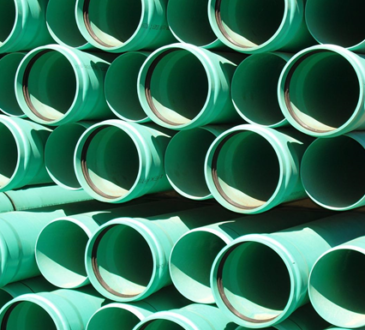
Utility lines are the foundation of modern communications technology. They physically connect different hubs, providing consistent telephone and internet service to clients. Without them, you won’t have access to modern communication channels. These installations are made from resilient materials and intricate components. They’re often located high above the ground and require maintenance by line workers to function efficiently.
What is Line Work?
Often deemed as one of the most dangerous jobs, line working involves installing, repairing, and maintaining utility lines. These lines exist in harsh outdoor conditions; enduring excessive heat, harsh winds, dust, rain, and other such environmental factors.
Though the installations are designed to withstand these conditions, they experience some wear over time. Line working ensures these systems are installed properly and are maintained well. It requires a lot of skill, physical ability, as well as intensive training in proper techniques.
What is a Cable Worker?
A cable worker is a highly-trained technician responsible for all physical installation, repair, and maintenance work. Professionals in this field must be fit and strong in order to scale large telecommunication towers for installations as well as repairs. They have several responsibilities, including:
- Accessing the condition – Accessing the condition of installations is a line worker’s first step on all jobs. They examine connections, components, check the condition of cables, etc., before coming up with a list of repairs or solutions.
- Installation – Installing new connections or even entire towers to expand connectivity in a given area is a cable worker’s responsibility as well. A team will set up towers or carry equipment to the top of an existing one to install new systems. They know good techniques to handle all kinds of installations safely, without compromising the integrity of other connections.
- Moving Equipment – Moving equipment from one site to other is also a line worker’s responsibility, though such jobs are rare. Most owners will simply sell installations instead of trying to move them. However, well-trained line workers understand this process and will move complex systems carefully to a different, more optimal location if needed.
- Maintenance – These installations are designed to be resilient but they do require frequent maintenance. Poorly preserved installations are a fire hazard, can interrupt connectivity, and lead to expensive replacements. Maintenance is always carried out after a thorough assessment so line workers don’t miss anything. Telecommunication companies usually invest in annual maintenance to make sure the services aren’t disrupted.
- Dismantling Sites – Some sites are may be in the way of future construction projects and need to be moved. This can be done without damaging complex, expensive communications equipment. Professional line workers know how to dismantle sites in a systematic manner to ensure there’s no damage.
- Working with Different Systems – A professional cable worker is familiar with different kinds of modern communications systems. They can work with PCS, GPS, Iden, HSPA, SMALL CELL LTE, and CDMA installations smoothly. You don’t need to hire specialists for every type of installation if there are multiple connections of different types installed in one tower.
Line workers operate in teams consisting of a ground crew and workers that scale the tower. Ground crews communicate steadily with their partners, conveying instructions, pointing out problems, and keeping an eye on the climbers. There are at least two people working on every job to ensure no one gets injured.
Line working companies provide good-quality safety equipment to arrest falls and provide security. Without this equipment, workers can sustain serious injuries or even suffer fatalities. That’s why this is considered a very risky occupation requiring skilled professionals. These experts are the backbone of the telecommunications industry as they work continuously to keep all connections in good condition.




